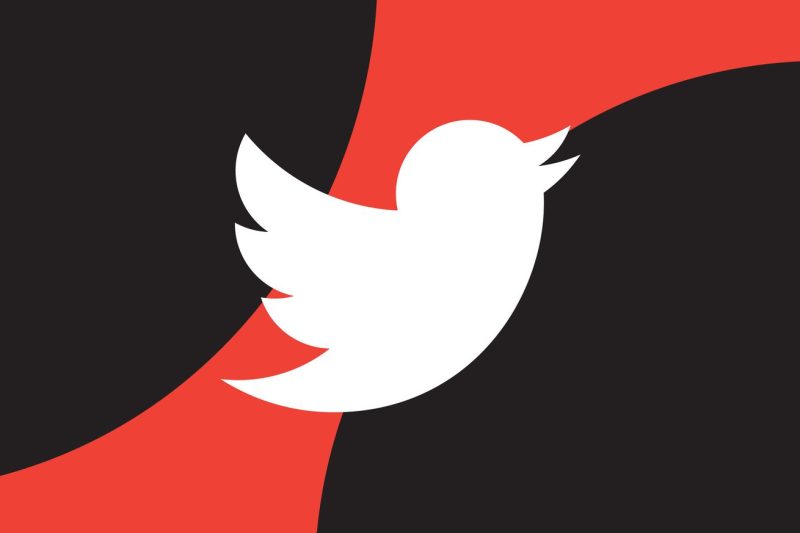As the digital landscape continues to evolve, the popularity of social media platforms remains a significant aspect of online interaction. With major platforms like Twitter facing scrutiny and challenges, many users are exploring alternative social media platforms that offer unique features and a different user experience. This shift has led to a surge in the development and adoption of alternative social media platforms that are vying to become the next big player in the industry.
One such platform that has gained considerable attention is Mastodon. Launched in 2016, Mastodon offers users a decentralized social networking experience, where users can create their own communities, known as instances, and interact with users across different instances. This decentralized approach provides users with more control over their data and privacy, in contrast to traditional social networks where a single company manages all user data.
Another alternative social media platform that has been making waves is Minds. Minds differentiates itself by emphasizing user privacy and control. Users can earn tokens based on their contributions to the platform, such as creating content or engaging with others, and these tokens can be used to boost their posts or support other users. Minds also employs encryption techniques to enhance user privacy, ensuring that user data remains secure and protected.
Diaspora is another notable player in the alternative social media space. Launched in 2010, Diaspora offers users the ability to create their own personalized social network, known as a pod, where they can share updates, photos, and connect with others. Diaspora prioritizes user privacy through its decentralized structure, where user data is stored on individual pods rather than a central server, giving users more control over their personal information.
While these alternative social media platforms offer unique features and approaches to social networking, they also face challenges in competing with the established giants like Twitter and Facebook. Building a user base, ensuring platform stability, and navigating regulatory issues are all critical factors that these platforms must address to achieve long-term success.
Despite these challenges, the growing interest in alternative social media platforms reflects a broader shift towards more diverse and user-centric online experiences. As users become more aware of data privacy concerns and the impact of social media on society, the demand for platforms that prioritize transparency, privacy, and user control is likely to continue growing.
In conclusion, the hunt for the next Twitter is an ongoing journey marked by innovation, diversity, and user empowerment. As more alternative social media platforms emerge, users have the opportunity to explore new ways of connecting with others online while also redefining the norms and expectations of social networking. The future of social media is dynamic and ever-evolving, shaped by the continual emergence of new platforms that challenge the status quo and offer users a fresh perspective on digital interaction.

























